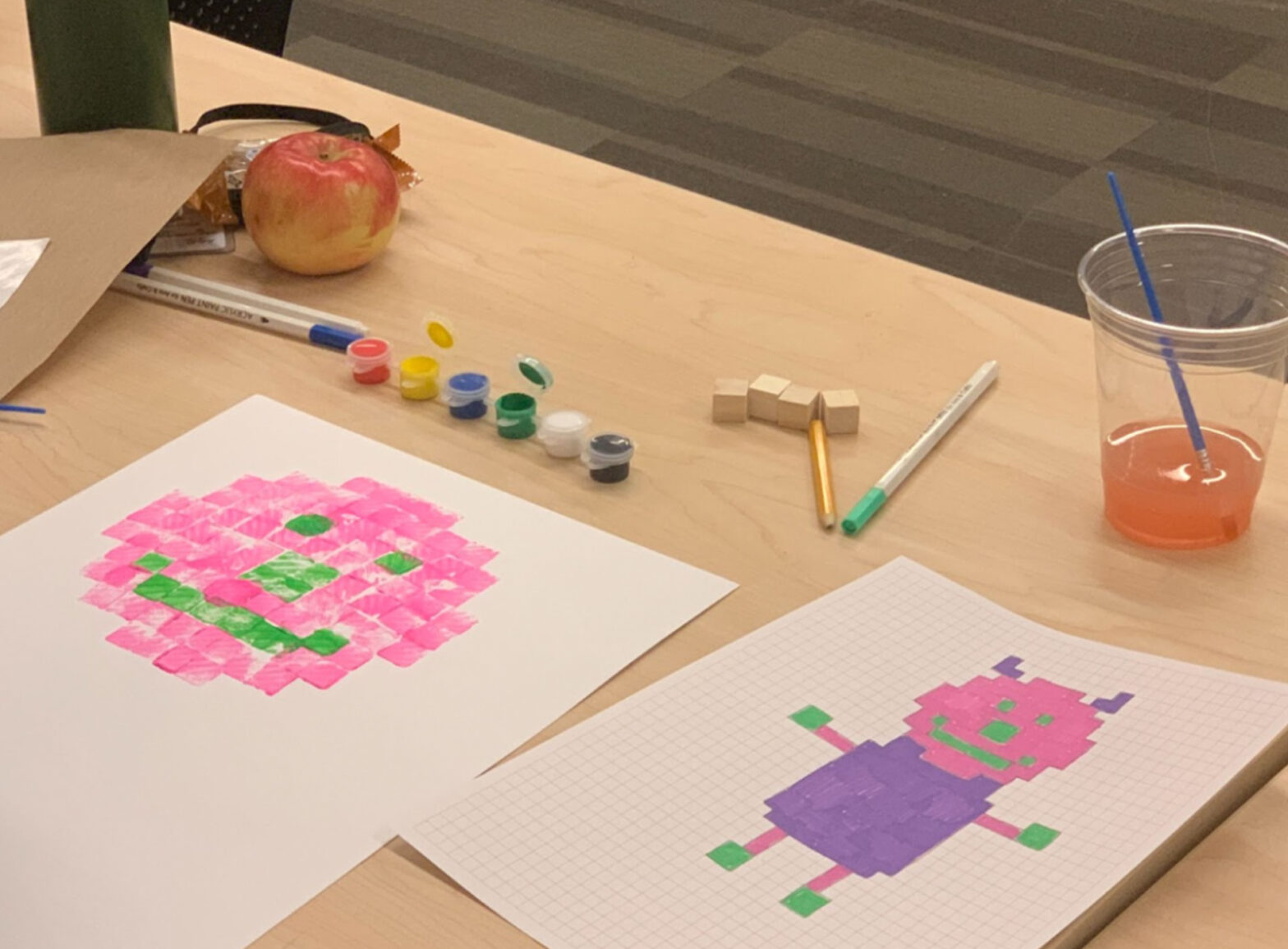Tips to designing
a successful workshop
To design a workshop, it needs a clear objective, careful planning and engaging organization to ensure that the participants will gain a valuable experience. Hope my suggestions will help you design a workshop.
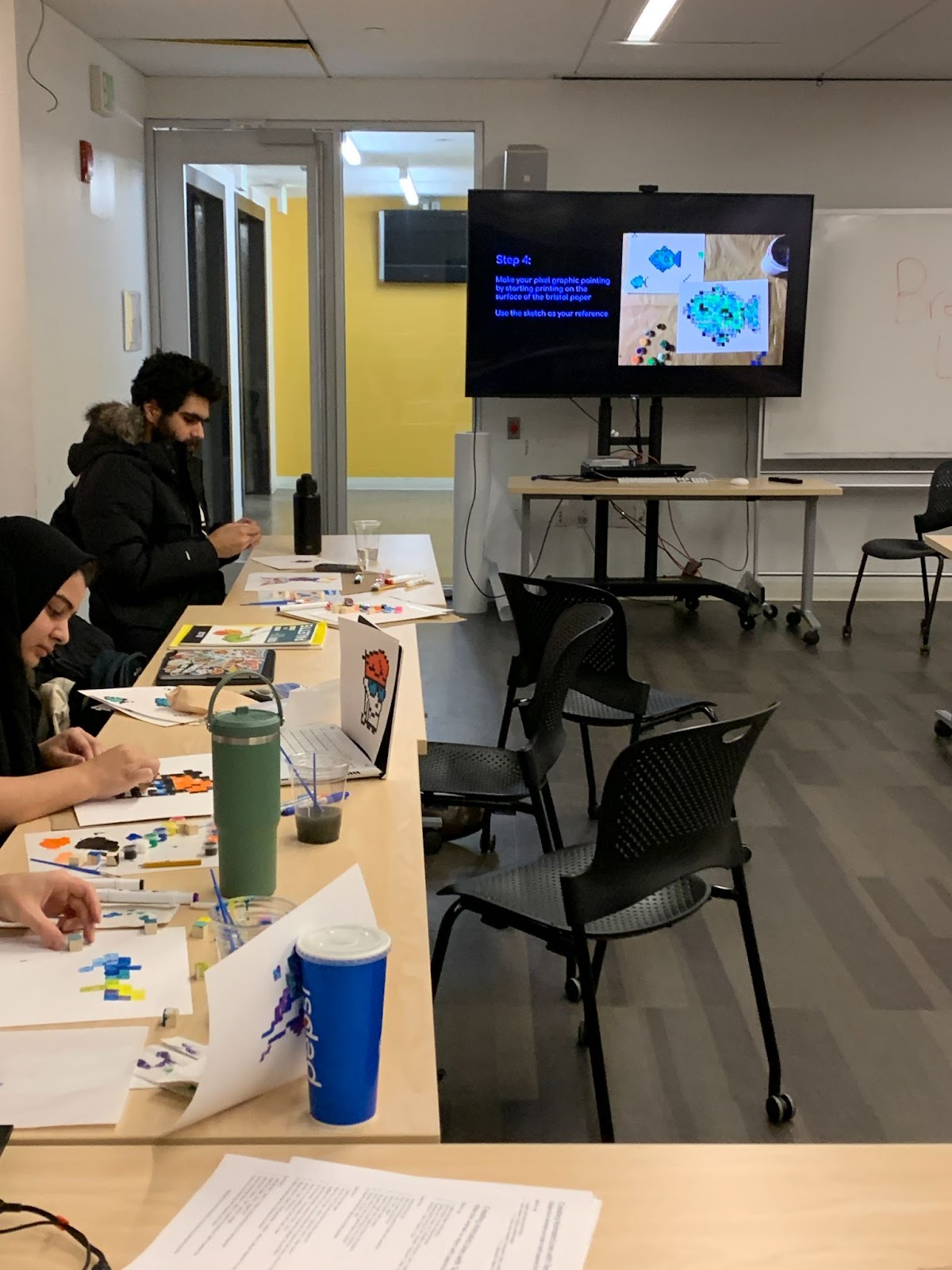
1. Clear objective
The main objective of the workshop should be defined clearly with the outcomes that all the participants will achieve by the end of the workshop such as learning new things, solve problems. The objective can be set clearly by breaking it down into measurable outcomes. Before setting the objectives, it is better to know the backgrounds, skill levels and expectations of the participants.
2. Careful Planning
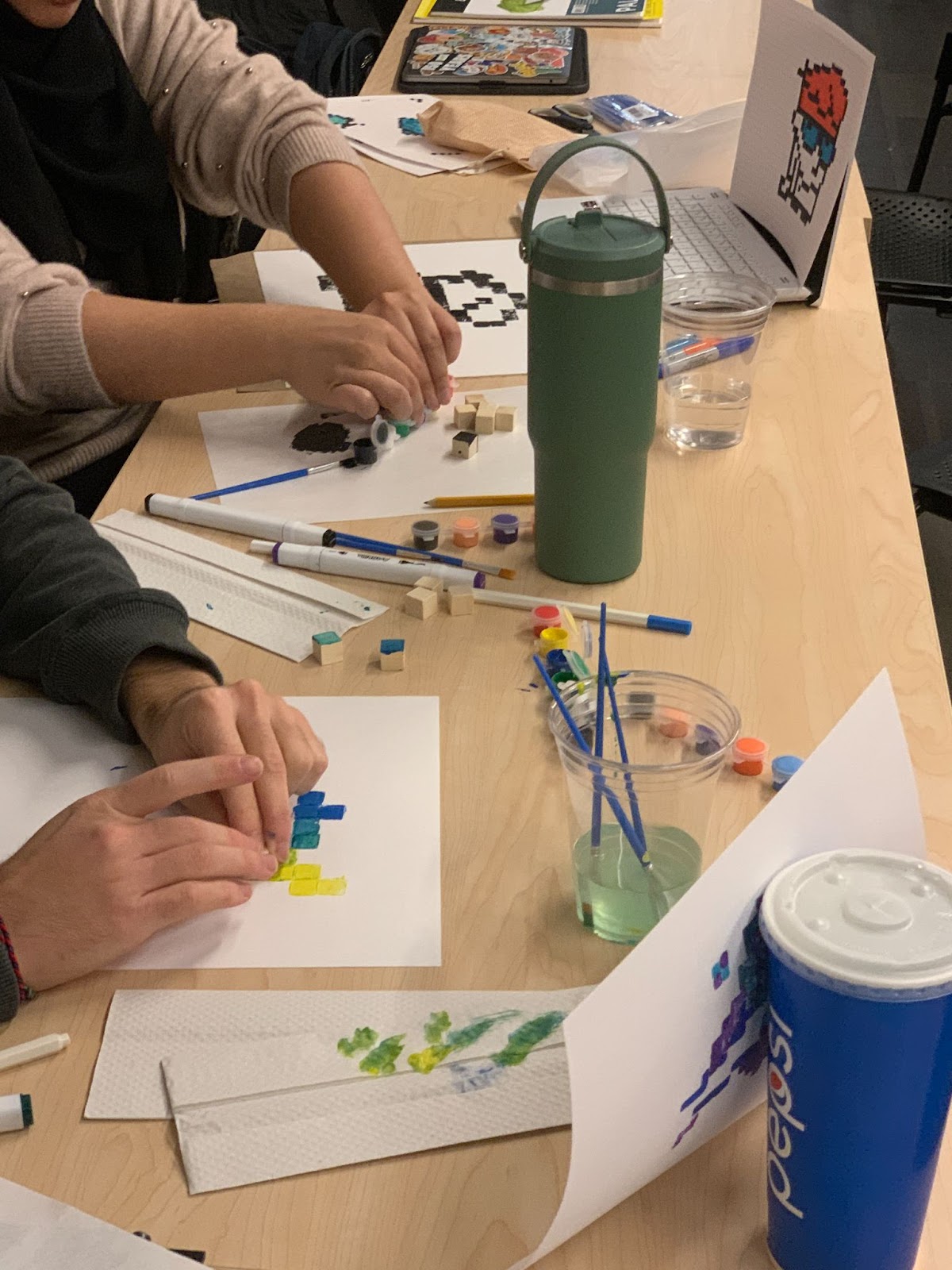
The careful planning is the critical step of designing a workshop. Quite a lot elements need to be chosen and confirmed.
- Duration (minutes, hours, days, etc.)
- Format (in-person, virtual, hybrid, etc.)
- Materials (software, laptops, slides, handouts, etc.)
- Agenda (session, time allocation, etc.)
- Main Content (lectures, case-studies, hands-on activities, discussions, etc.)
- Conclusion (Q&A, reflection, etc.)
3. Engaging organization
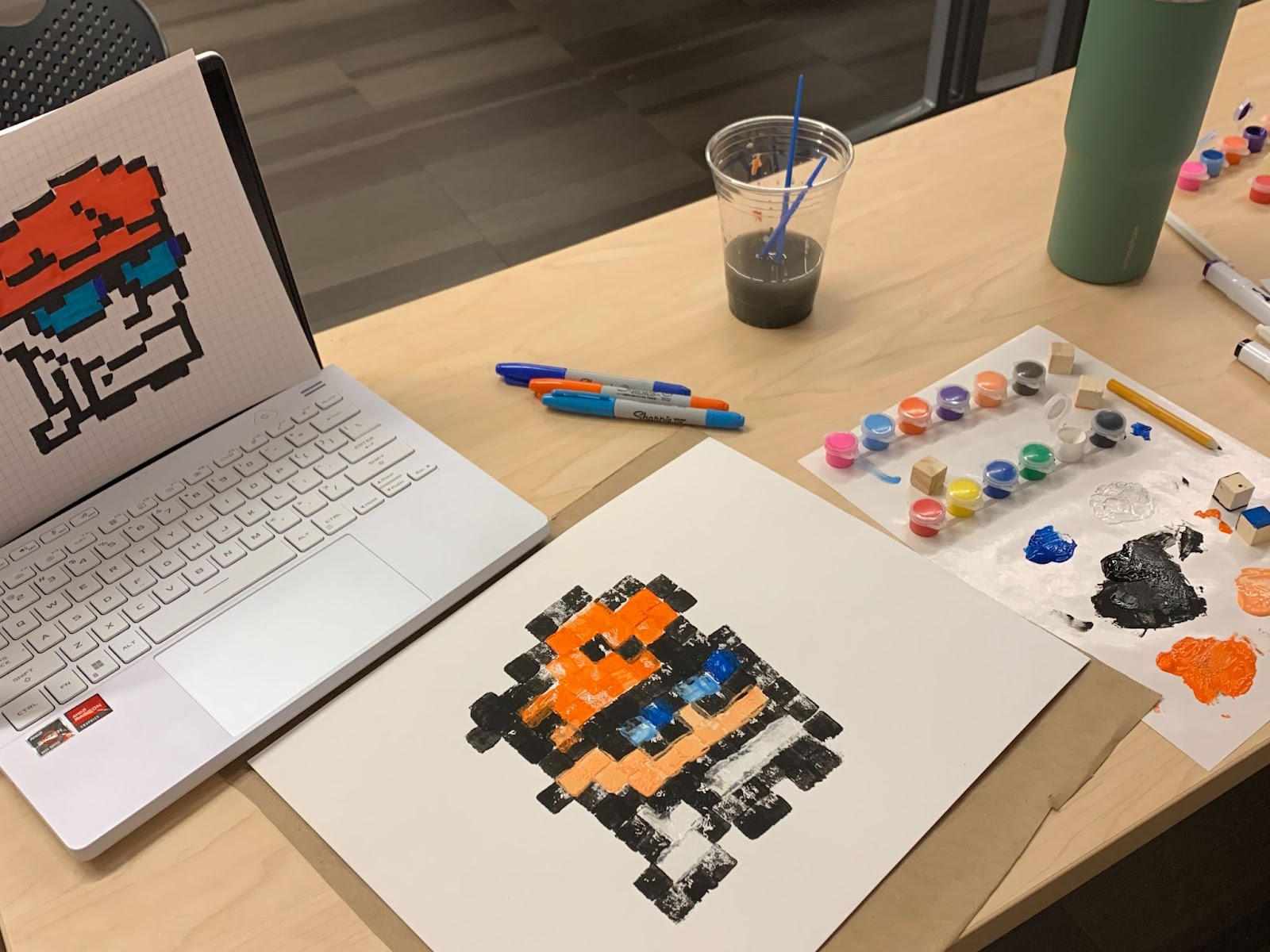
The well-prepared organization enables the participants’ exploring their learning experiences. I suggest a well-organized process as follows,
- Present the theme of workshop and clarify the main objective
- Start with an intro to set the tone
- Discuss the relevant subject matter, medium or software
- Follow the agenda with planned time allocation
- Handle unexpected technical issues, difficult participants
- Guide the participants to draft their ideas before the actual making process and present the final works
- Encourage the participants reflect on the works or the thoughts from each other
- Give feedback to all the participants
- Conclude the entire workshop
- Use surveys to assess the outcome of the workshop
Hot tips:
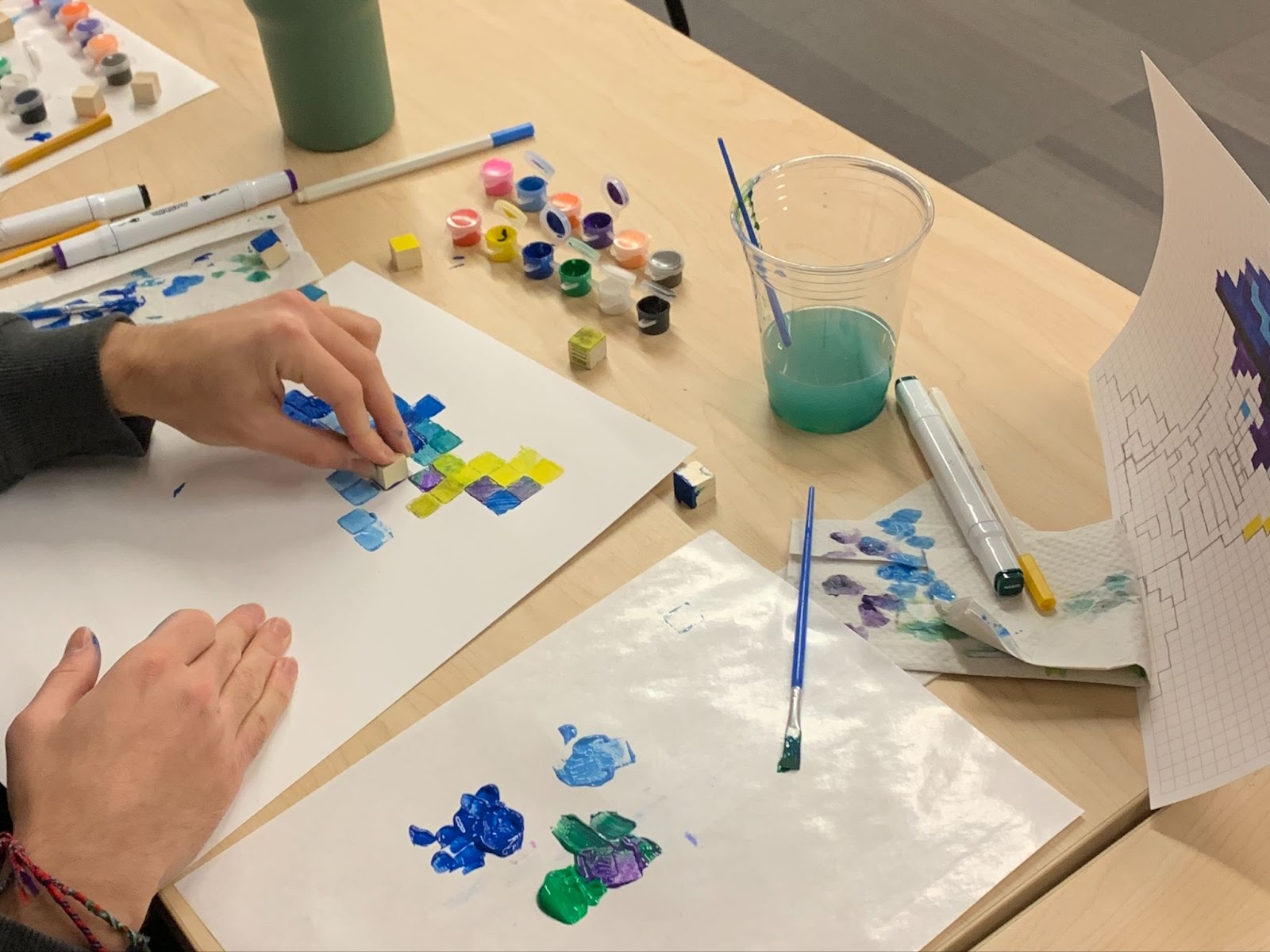
- Rehearse your delivery to ensure the activities are practical under execution
- Inform the participants to be prepared with materials if needed
- Keep interactive, avoid long lectures and prioritize hands-on learning
- Use visual images, videos, storytelling and humor 🙂 to make the content memorable
- Stick to the agenda but remain adaptable to adjust based on participants’ needs
- Have a backup plan for technical issues or unexpected changes
- Review the feedback from the survey to improve future workshops
Yiner Xu is a current Design Media Institute (DMI) student at the MassArt Graduate Program and love illustrations, visual designs, storytellings, music, and photography.

